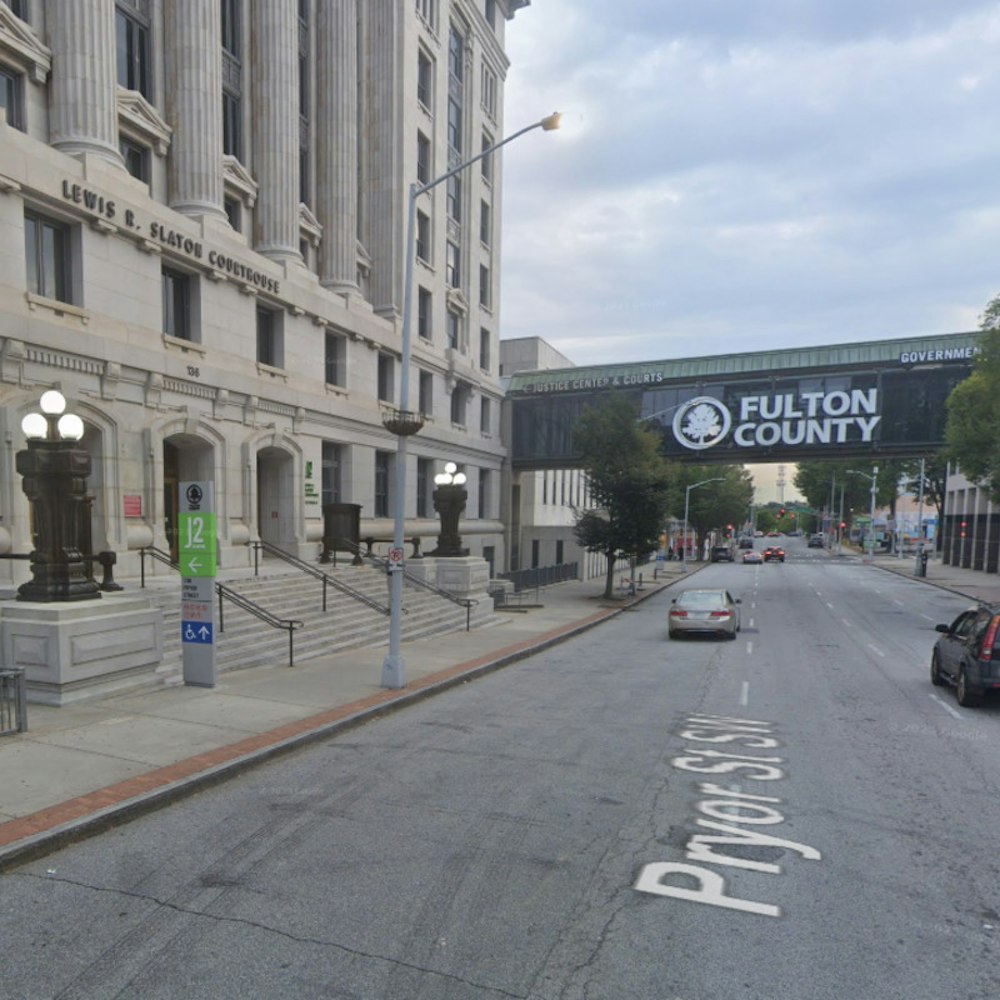
In a significant move by the Supreme Court, a challenge against the abortion-inducing medication mifepristone has been unanimously dismissed, upholding the drug's availability without additional restrictions. The decision marks the first abortion-related ruling from the high court since it overturned Roe v. Wade in 2022, and comes as a repudiation to the 5th U.S. Circuit Court of Appeals and District Judge Matthew Kacsmaryk’s previous position on the drug, as reported by the Texas Tribune.
Justice Brett Kavanaugh penned the opinion which has been conjoined by a concurring opinion from Justice Clarence Thomas, these developments are viewed as a comfort to those advocating for reproductive rights, and also pharmaceutical companies concerned about the legal precedent of overturning a drug's approval long after it has been established on the basis of safety and effectiveness. Mifepristone, combined with misoprostol, represents the predominant mode of medical abortion in the United States; it has been part of medical practice since its approval by the Food and Drug Administration (FDA) in 2000 and has been underlined to be a safe and effective solution for terminating pregnancies up to seven weeks, and for medically managing miscarriages.
The route to the Supreme Court began in Amarillo, where U.S. District Judge Matthew Kacsmaryk, a Trump appointee, initially cast doubt on the FDA’s approval of mifepristone, a sentiment later supported by the 5th Circuit in New Orleans; however, the apex court's latest ruling maintains mifepristone's legal status and its expanded accessibility which includes prescriptions through telehealth and mail dispatch. Abortion has been virtually outlawed in over a dozen states following the reversal of Roe v. Wade, positioning drugs like mifepristone as critical for continued access to abortion services and as such, drawing the intense scrutiny of anti-abortion factions.
In his opinion, Kavanaugh argued that plaintiffs who do not prescribe or use mifepristone—and are not required by the FDA to do so—lack a valid connection to its market presence, as the ruling notes, "Federal law fully protects doctors against being required to provide abortions or other medical treatment against their consciences—and therefore breaks any chain of causation between FDA’s relaxed regulation of mifepristone and any asserted conscience injuries to the doctors," U.S. Solicitor General Elizabeth Prelogar took a stand during the proceedings, stressing the lack of safety justification for restricting access to mifepristone which could lead some women to more invasive procedures while others might lose access entirely, at the behest of plaintiffs who suffer no concrete injury themselves.
The Supreme Court's decision is a clear indication that it will not endorse legal challenges that aim to reshape federal public health policy based on plaintiffs' professional ethos rather than concrete legal standing. The ruling does leave the door open for future challenges by parties capable of proving personal injury or a significant likelihood thereof; yet, it solidifies, for the time being, the legal environment surrounding mifepristone and its pivotal role in reproductive healthcare in the aftermath of the dismantled Roe v. Wade framework.









